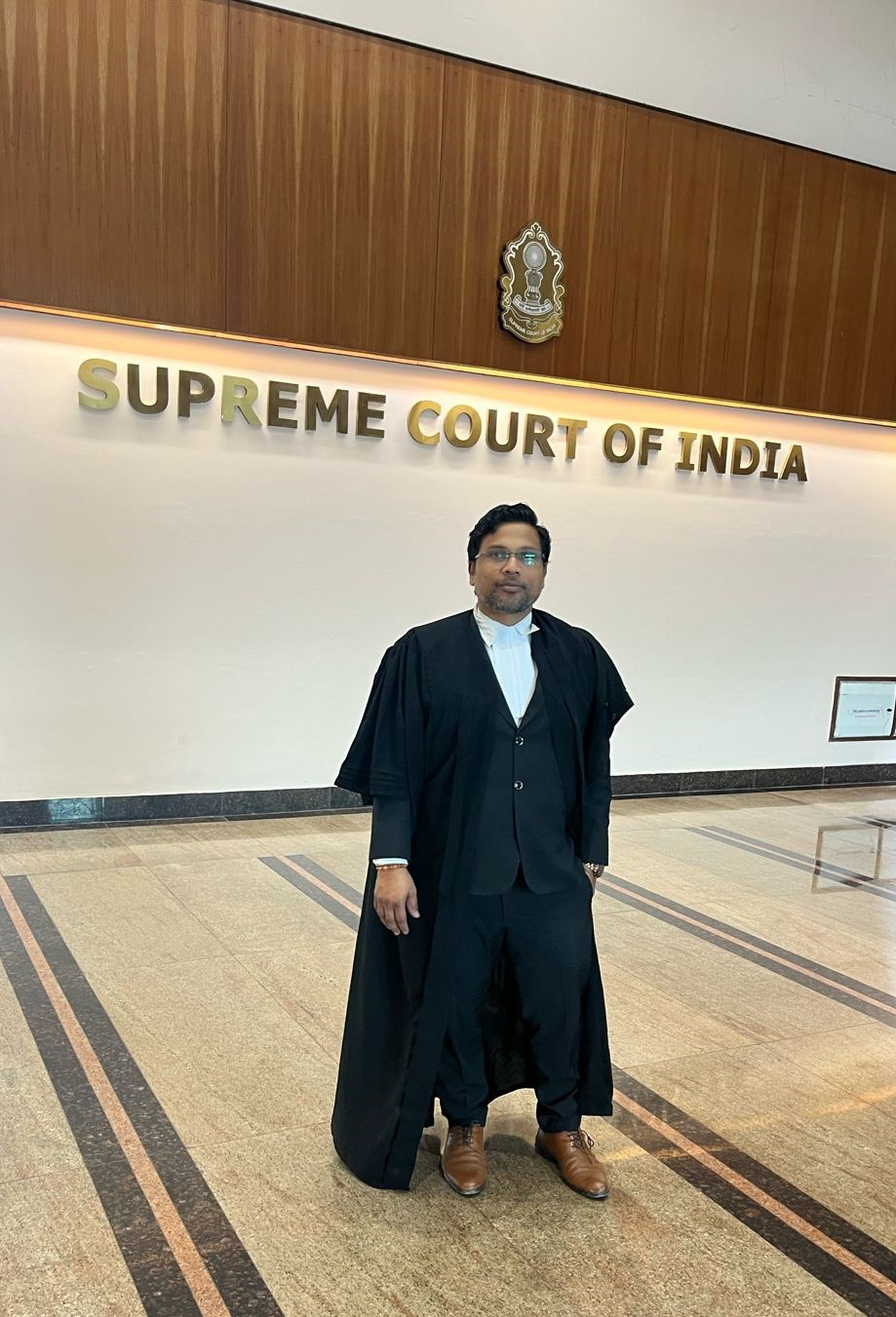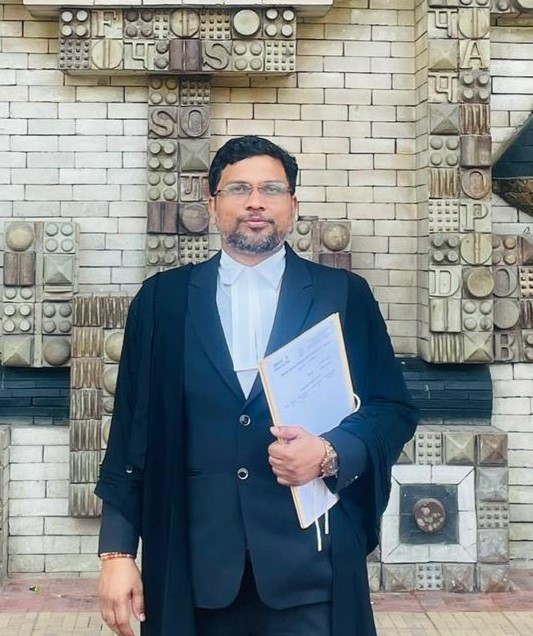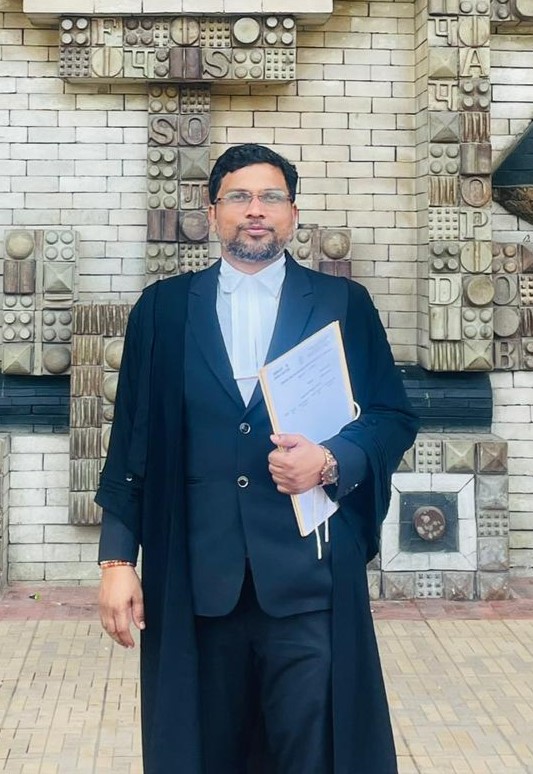Divorce Rules in India: Everything You Need to Know Marriage is a blessing. A successful marriage means falling in love with the same person many times. But sometimes this marriage does not work and turns into a divorce matter. But the divorce process in India takes work. This is a very complex place where one needs to understand the legal framework. India is a first country, many religious people stay here, and every reason has different laws. The divorce process involves legal and emotional steps That depend on the documents and the mental issues of both parties. Sometimes the divorce process is also held outside of the court and the lawyer can ensure that all the work is done under the legal process. So the environment of a lawyer in the divert process is very important and this blog will cover the key specs of divorce rules in India. Understanding Personal Laws As I mention earlier India is a country of different religions. So the divorce process also works differently for every religion. Some of the personal laws are: 1. Hindu Law Divorce among Hindus, including Buddhists, Jains, and Sikhs, is governed by the Hindu Marriage Act, of 1955. This act allows the Hindus to grant the divorce and also helps to get the negotiations. 2. Muslim Law Muslim divorce is based on Islamic principles and is governed by The Dissolution of Muslim Marriages Act, 1939 and customary practices. This also involves several factors like the Talak or the Khula and the mutual agreements. 3. Christian Law For Christians, the Indian Divorce Act, of 1869, is applied to them. This act also involves getting the result of adultery, cruelty, desertion, and other mental and physical abuse. 4. Secular Law This comes under the Special Marriage Act, of 1954. This act allows the individual to take their divorce when the two parties are from different religions. This law ensures a safe passage for both parties. Procedure for Divorce The divorce process is complex and one needs to understand some steps for going to court. The divorce process in India generally involves the following steps: 1. Filing the Petition A divorce petition is needed to be filed in the family court. The petition must have the requirements and the legal notices to grant the divorce. This needed to be written in a clear form. 2. Sending Notice The opposition party will have the divorce notice. This document needs to also mention the details of the divorce and it also needs to pursue the clear intention of the divorce. 3. Response by the Respondent The respondent’s agreement is also important for the divorce. If the respondent does not want to sign on the papers then this will come under the negotiation process. At that time that trial will go for both the parties. 4. Reconciliation Period The code will decide on a reconciliation process. This process will also legal actions like both the parties staying separately and joining the counselling to dissolve the marriage. 5. Evidence and Arguments Both parties need to present evidence and arguments to support their claims. The documents should be relevant to the case and these documents will have to clear the intentions of the divorce. After the documents are verified and the arguments, the court will give the final judgement. This judgment will also involve the monetary or financial disbursement. Why Choose Us So understanding the legal work and filing the petitions is not easy work. A lawyer can ensure that all the legal work is favours for the client. We are the Best Lawyers in Delhi and allow us to handle your divorce case. Our experienced team can handle the legal work and set you free. Please feel free to have a deal with us.
Child Custody Lawyer in Delhi
How to Win Child Custody for Fathers A father is a very emotional person. Our jurisdiction system is very complex and always supports women for the favour. Indian law is very complex and always supports the woman to have custody of the child. A father needs to pay for the expenses of the women and the children also. So this process needs a brief knowledge of the law and its legal frameworks. A lawyer can better understand the aspects of the case and they can easily navigate the legal framework. In this blog, we will discuss the topic that how to win child custody for fathers. Understanding Child Custody Legal custody involves decision-making power and the major expectations of the child’s life. It depends on the behaviour of the father and the mother. If the father is capable of taking the responsibilities and the mother has some issues then the legal Framework will work for both of them. Sometimes it also depends on the children where they want to live. This also depends on the age of the children if it is under the age of 1 to 10 then the mother is the priority to have custody. Old can also grant joint custody if they have a good environment. so a lawyer can navigate the legal complexity of custody and they have the knowledge to win the case. They can also make a good character of the father if he is capable of taking charge of the child. Steps to Win Child Custody 1. Understand the Laws in Your State First, you need to understand the laws in your state. Every state has different laws and their working culture. Make a brief discussion for going for the trial and the lawyer can also help in this process. Some of the arguments also win out of the code and the lawyer can encode that it will come under the legal work. 2. Secure the Child’s Life The child’s life is very important in this case. The code will decide on a medical assessment and a parent-teacher conference to see who is more capable whether it is the father or its mother. The behaviour at the conference is also important to take custody. 3. Showcasing the Parenting Effort The parents need to afford to grow up their children. They have to maintain clear records for bringing their children the school fees Healthcare and other extracurricular. If the child is an adult maintain a journal detailing with your child that will also help to get custody. 4. Avoid Negative Behavior The father needs to maintain a good character in front of everyone. They have to provide a good character and also have to avoid negative behaviour like having alcohol, clubbing and other stuff. This also helps to get custody. 5. File a Temporary Custody A father can file a temporary custody while the divorce process is going. These also help to get the custody after divorce process has been done. The lawyer can make sure that the temporary case can be filed under the legal provisions. It also helps to provide a good character of the father in front of the court during custody. Why Choose Us Indian jurisdiction always favours women. So a father always stays in the corner while having custody of the child. We are the best Lawyers in Delhi and we have an experienced team to navigate the critical aspects of the case. This divorce and the custody needs to provide good character, so allow us to handle the case with care and we can provide the best legal advice to win the argument. Feel free to reach out to us.
Best Divorce Lawyer in Delhi
Navigating Divorce Cases: The Role of a Divorce Lawyer Divorce is a significant life event, often marked by emotional challenges and legal complexities. A skilled divorce lawyer plays a critical role in guiding clients through the process, ensuring their rights are protected, and achieving a fair resolution. This article explores key aspects of divorce cases and the importance of legal representation. Understanding Divorce Cases Divorce cases are legal proceedings to dissolve a marriage. They often involve the division of marital assets, child custody and support arrangements, alimony, and other related matters. Each divorce case is unique, influenced by factors such as the length of the marriage, the financial situation of both parties, and the presence of children. Divorces can be categorized into two main types: Key Legal Issues in Divorce Cases The Role of a Divorce Lawyer A divorce lawyer provides both legal and emotional support throughout the process. Their responsibilities include: Choosing the Right Divorce Lawyer Selecting the right lawyer is crucial to the outcome of your case. Consider the following: Final Thoughts Divorce is often a challenging journey, but having the right legal representation can ease the burden and protect your interests. A divorce lawyer serves as both a legal advocate and a guide, helping you navigate the complexities of the process with confidence and clarity. Whether you’re embarking on an uncontested divorce or facing a contested battle, their expertise is invaluable in achieving a fair and sustainable resolution.
Criminal Lawyer in Delhi
What is triple murder?A triple murder refers to an incident in which three people are intentionally killed, usually at the same time or in closely related circumstances, by the same perpetrator or group of perpetrators. It is considered a serious criminal offense and is often treated as a single event with multiple victims. Such cases are typically categorized as mass murder if the killings occur in one location within a short time frame. The legal charges and penalties for a triple murder vary by jurisdiction but often include life imprisonment or the death penalty, depending on the severity of the crime and the applicable laws. What are the applicable laws for the triple murder in India? In India, a triple murder is treated as a grievous criminal offense under the Indian Penal Code (IPC). The key legal provisions applicable to such cases include: 1. Section 302 IPC – Punishment for Murder This section prescribes punishment for murder, which can include: * Death penalty•Life imprisonment* Fine (as determined by the court).2. Section 34 IPC – Acts Done by Several Persons in Furtherance of Common IntentionIf the triple murder is committed by multiple people acting with a shared intention, all participants can be held equally liable. 3. Section 120B IPC – Criminal ConspiracyIf the murders are premeditated and involve planning, those involved in the conspiracy, even if they didn’t directly commit the act, can be charged. 4. Section 201 IPC – Causing Disappearance of Evidence of an OffenseIf the perpetrator(s) attempts to destroy or hide evidence related to the murders, additional charges under this section can be added. 5. Section 307 IPC – Attempt to Murder (if applicable)If there was an attempt to kill more people in the same incident, this section may also apply. Judicial Proceedings and PenaltyThe case is typically tried in a Sessions Court under the Code of Criminal Procedure (CrPC). •The prosecution must prove mens rea (intention) and actus reus (the act of murder).•If convicted, the court decides on the severity of the punishment, considering factors like premeditation, brutality, and motive. Landmark Judgments1. Bachan Singh v. State of Punjab (1980): Laid down the “rarest of rare” doctrine for awarding the death penalty.2. Macchi Singh v. State of Punjab (1983): Elaborated on the circumstances that justify the death penalty.If a triple murder is linked to terrorism or organized crime, additional laws such as the Unlawful Activities (Prevention) Act (UAPA) or the MCOCA (in Maharashtra) may apply. The legal framework for handling triple murder varies across countries, but most jurisdictions consider it a highly severe crime and impose stringent penalties. Here’s a comparison of how triple murder is treated in India and other major countries: 1. United States•Applicable Laws: * First-Degree Murder Laws: Triple murder typically falls under premeditated murder laws.•Felony Murder Doctrine: If murders occur during another felony (e.g., robbery), this doctrine applies.•Death Penalty Laws: 27 states allow the death penalty for heinous murders, including triple murders.•Life Imprisonment Without Parole (LWOP) is common in states without the death penalty. Key Difference from India: •U.S. states have varied laws and punishments for murder due to their federal system.•Unlike India’s “rarest of rare” doctrine, the death penalty can be applied more broadly in many U.S. states.•Use of plea bargains is common, where defendants might plead guilty to avoid harsher penalties. 2. United KingdomApplicable Laws: •Homicide Act 1957: Governs all murder cases, including multiple murders.•Mandatory Life Sentence: All murder convictions result in life imprisonment. Judges set a minimum term (e.g., 25 years) based on aggravating factors. Whole Life Orders: For exceptionally heinous cases, life imprisonment without the possibility of parole is imposed. Key Difference from India: •Death penalty is abolished in the UK, so the maximum penalty is life imprisonment.•Sentencing guidelines emphasize rehabilitation more than punishment compared to India. 3. CanadaApplicable Laws: •Criminal Code of Canada (Section 229): Governs murder charges, including multiple killings.•Mandatory Life Sentence: For first-degree murder. A parole ineligibility period of 25 years is common. Consecutive Sentences: For multiple murders, sentences can be served consecutively (e.g., 75 years for triple murder). Key Difference from India: •No death penalty; the focus is on life imprisonment with strict parole terms. •Canada allows consecutive sentences for multiple murders, unlike India. 4. Saudi Arabia Applicable Laws: •Sharia Law: Based on Islamic principles, which allow Qisas (retribution) or Diyya (blood money) for murder.•Death Penalty: Often imposed for multiple murders unless victims’ families agree to accept blood money. Key Difference from India: •Victims’ families have significant influence in deciding the punishment (e.g., death penalty or compensation).•Religious principles drive the legal system, contrasting with India’s secular laws. 5. Japan Applicable Laws: •Penal Code of Japan: Murder is punishable by death, life imprisonment, or imprisonment for a minimum of 5 years.•Death Penalty: Frequently imposed for multiple murders, especially if premeditated. Key Difference from India: •Japan has a higher conviction rate and frequently enforces the death penalty for heinous crimes, including triple murders.* Trials often rely on confession-based evidence, which is less emphasized in India. Each country’s legal approach reflects its cultural, ethical, and political priorities. While India balances justice and reformation, other countries might lean more toward deterrence or victim-centric justice.
Best Cheque Bounce Lawyer in delhi
A cheque bounce occurs when a bank declines to honor a cheque issued by the account holder due to insufficient funds, mismatched signatures, or other reasons. Cheque bounce cases are regulated under Section 138 of the Negotiable Instruments Act, 1881 in India and similar laws in other jurisdictions. Below is a detailed overview of cheque bounce cases: 1. Key Reasons for Cheque Bounce 2. Legal Provisions in India 3. Recent Legal Developments Courts have emphasized alternative dispute resolution methods for faster resolution of cheque bounce cases. Some reforms include: 4. Remedies for the Drawer (Issuer) 5. Preventive Measures
Best Bail Lawyer for NDPS Cases Lawyer in Supreme Court of iNDIA
The Narcotic Drugs and Psychotropic Substances (NDPS) Act is a comprehensive law in India that regulates and prohibits the manufacture, sale, possession, and consumption of narcotic drugs and psychotropic substances.¹ Key Objectives of the NDPS Act: Important Definitions under the NDPS Act: Positive Aspects of the NDPS Act: Negative Aspects of the NDPS Act: Important Sections under the NDPS Act:
Best Family Matters Cases Lawyer in Delhi
Family Dispute Resolution Articles Child-Related Articles Marriage-Related Articles
Best Law Firm For Legal Consultant in Patiala House Court
General Legal Family Law Corporate Law Cyber Law Litigation and Dispute Resolution Real Estate Law Tax Law Employment Law
Property Cases Lawyer in Delhi
Property cases involve legal disputes related to ownership, possession, or use of real estate or personal property. Types of Property Cases: Property Laws: Property Case Procedure: Property Case Documents: Property Case Consequences: Property Dispute Resolution: Property Case Statistics: Property Case FAQs: Property Case Resources: Property Case Landmark Judgments:
Cyber Crime Cases Lawyer in Delhi
Cyber crime, also known as computer crime, refers to any criminal activity that involves the use of computers, devices, or networks to commit illicit acts. Types of Cyber Crime: Cyber Crime Statistics: Cyber Crime Cases: Cyber Crime Laws: Cyber Crime Investigation: Cyber Crime Prevention:




